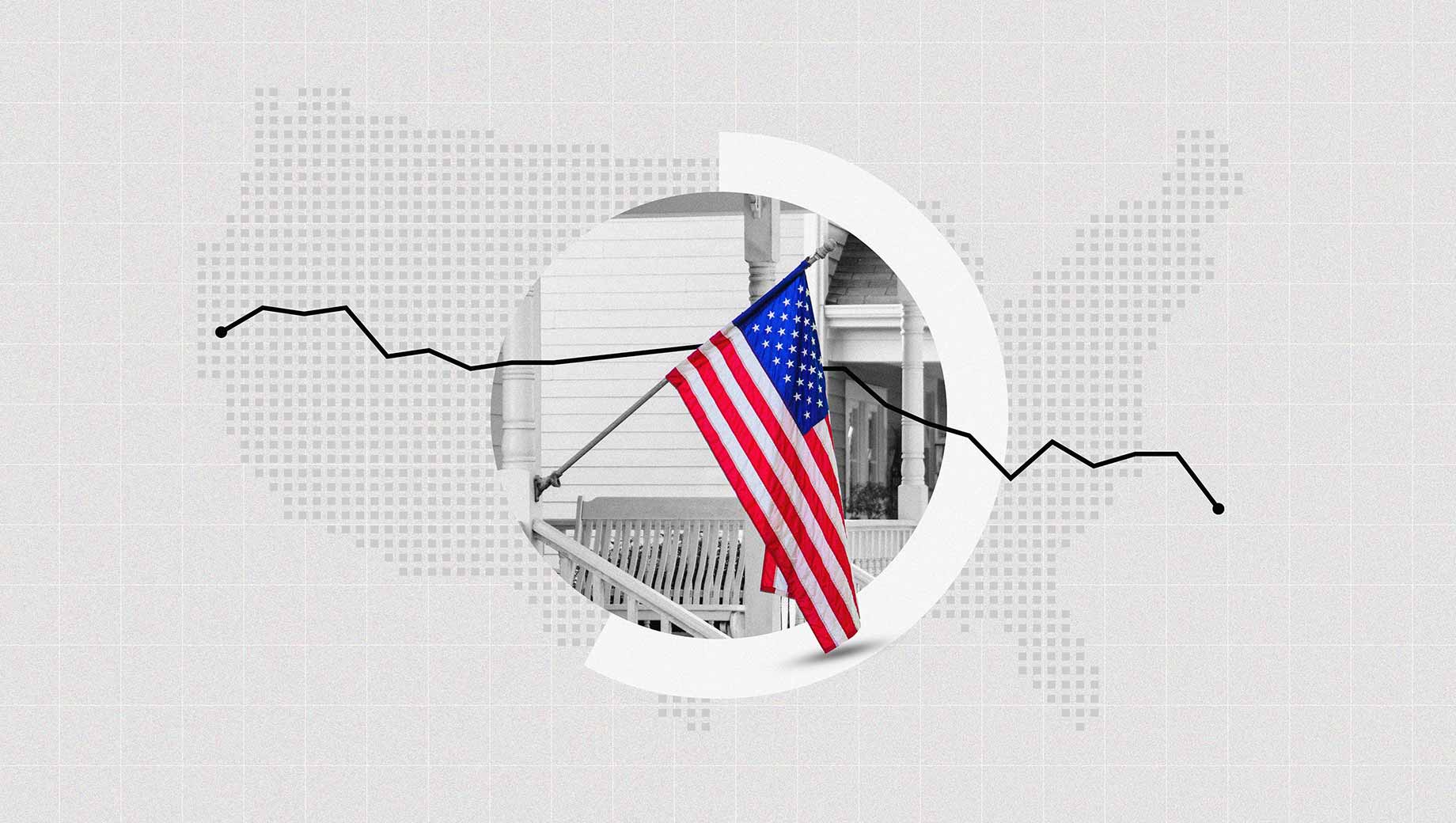
- Details
- By Native News Online Staff
Since 2001, Gallup has released an annual survey ahead of Independence Day tracking how proud Americans feel about their country. This year, despite President Donald Trump’s continued call to “Make America Great Again,” national pride is at a historic low.
According to the survey released Monday, just 58% of U.S. adults say they are either “extremely” (41%) or “very” (17%) proud to be American — a nine-point drop from last year and five points lower than the previous record low set in 2020.
While the 41% who are “extremely proud” is in line with recent years (38% in 2022 and 39% in 2023), the sharp decline appears to be driven largely by a drop in those who are “very proud.”
Political Divides in Patriotism
The survey also highlights stark differences in national pride along political lines.
Democrats are largely responsible for this year’s overall decline. Just 36% of Democrats report being extremely or very proud to be American — down sharply from 62% last year. This marks only the second time Democratic pride has dropped below the majority level, the first being 42% in 2020 during the height of the COVID-19 pandemic and the aftermath of George Floyd’s murder.
Political independents also showed waning pride, with only 53% expressing high levels of pride — a seven-point drop from last year’s previous low. Their national pride has steadily declined since the early 2000s, falling below 80% in 2005, below 70% in 2019, and now below 60%.
Republicans, by contrast, continue to express strong patriotic sentiment. This year, 92% say they are either extremely or very proud to be American, up from 85% in 2024. Republican pride has consistently remained high, typically above 90%, except during the years 2016 and 2020 through 2024 — all but one of which were under Democratic presidencies.
A Generational Gap
The survey also underscores a pronounced generational divide. Younger Americans are significantly less likely than older generations to express strong national pride.
Looking at five-year averages since 2001, only 41% of Generation Z (born after 1996) report being extremely or very proud to be American. Among millennials (born 1980–1996), the rate is higher at 58%, but still notably lower than older cohorts. Pride increases with age: 71% of Generation X, 75% of baby boomers, and 83% of the Silent Generation express high levels of pride.
Still, all generations — from millennials to the Silent Generation — have seen double-digit declines in national pride since the early 2000s. Most of that drop has occurred since 2016.
Implications
At the turn of the 21st century, American pride was nearly universal among U.S. adults. But over the past 25 years, that sense of national unity has steadily eroded, driven largely by political polarization and generational shifts.
Democrats today are significantly less likely to express pride in being American, with national pride among the group reaching a record low. At the same time, younger generations—particularly Generation Z and millennials—consistently show lower levels of patriotism compared to older cohorts.
Most of this decline has unfolded over the past decade, against a backdrop of growing pessimism about the future, especially among young people. Widespread dissatisfaction with the country’s direction, deepening partisan divides, negative perceptions of both major political parties, and heightened political conflict during the Trump and Biden presidencies have all contributed to the erosion of national pride.
More Stories Like This
Native News Weekly (August 25, 2024): D.C. BriefsNative Bidaské: The Illusion of Freedom and the Myth of America 250, Leonard Peltier Speaks Out
Monday Morning (March 2, 2026): Articles You May Have Missed This Past Weekend
Native News Weekly (March 1, 2026): D.C. Briefs
Scope Narrowed, Report Withheld: Questions Mount Over Michigan Boarding School Study
Help us defend tribal sovereignty.
At Native News Online, our mission is rooted in telling the stories that strengthen sovereignty and uplift Indigenous voices — not just at year’s end, but every single day.
Because of your generosity last year, we were able to keep our reporters on the ground in tribal communities, at national gatherings and in the halls of Congress — covering the issues that matter most to Indian Country: sovereignty, culture, education, health and economic opportunity.
That support sustained us through a tough year in 2025. Now, as we look to the year ahead, we need your help right now to ensure warrior journalism remains strong — reporting that defends tribal sovereignty, amplifies Native truth, and holds power accountable.
 The stakes couldn't be higher. Your support keeps Native voices heard, Native stories told and Native sovereignty defended.
The stakes couldn't be higher. Your support keeps Native voices heard, Native stories told and Native sovereignty defended.
Stand with Warrior Journalism today.
Levi Rickert (Potawatomi), Editor & Publisher


